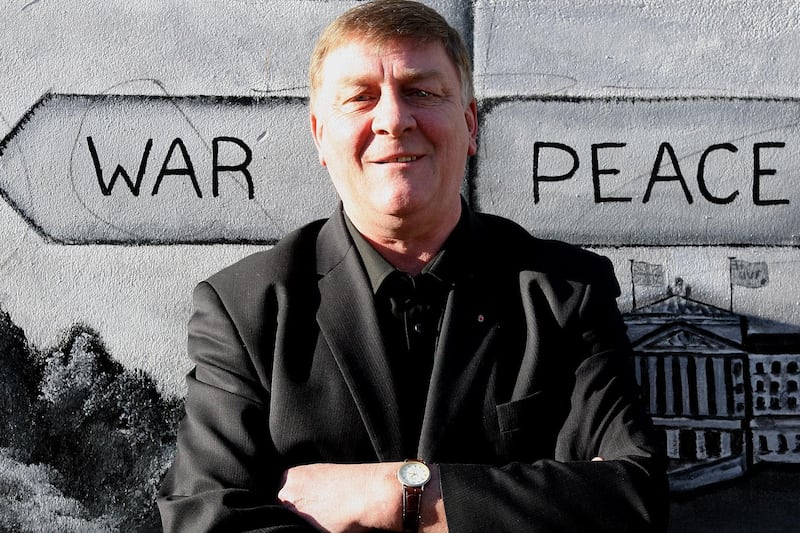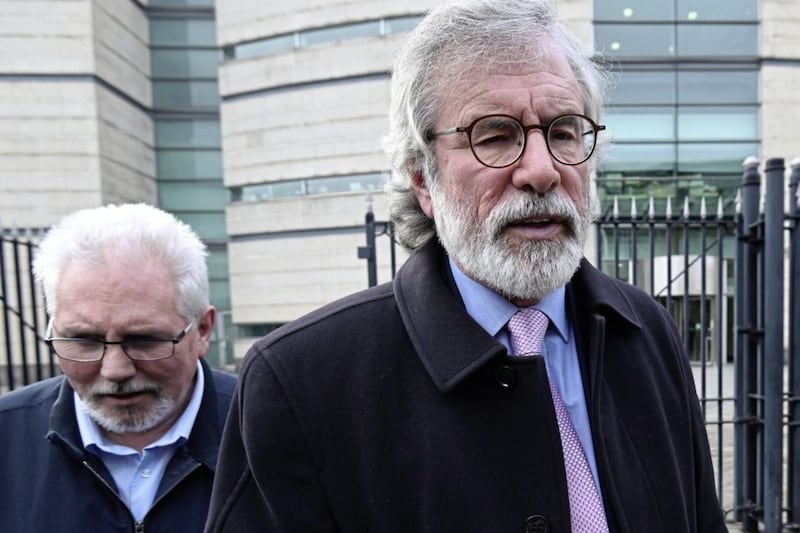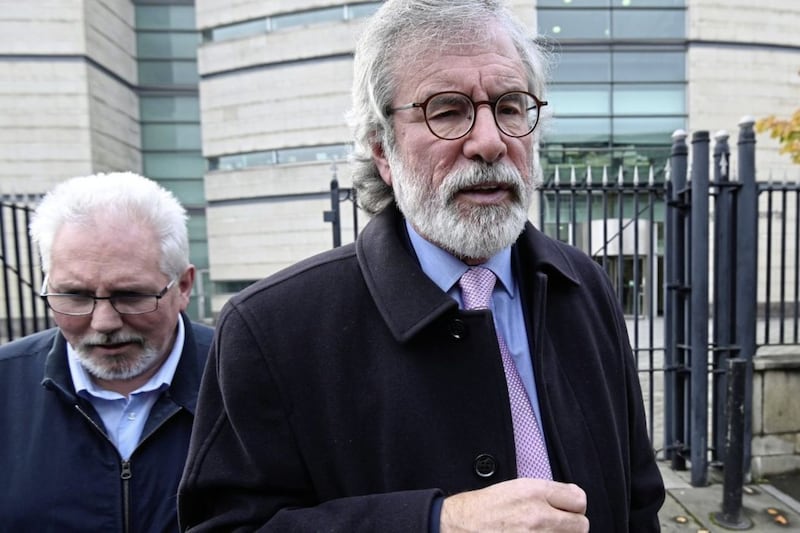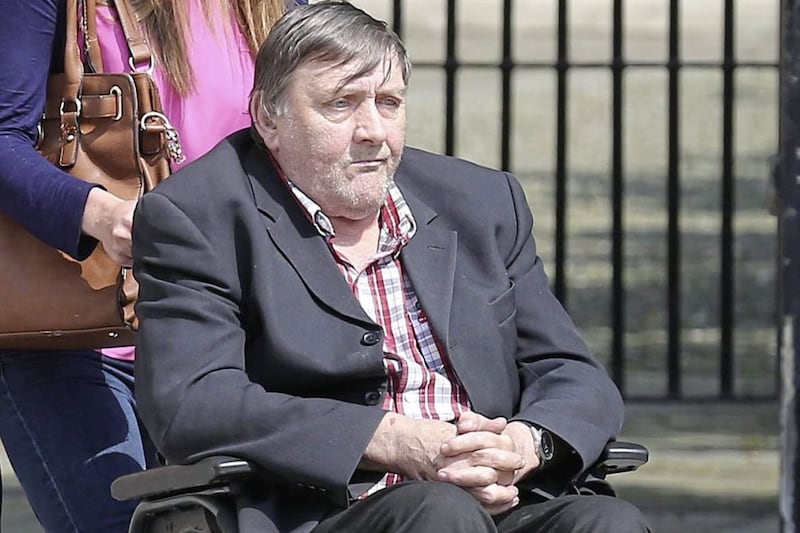Police and prosecutors have been given two weeks to provide reasons why recorded interviews with a former IRA man obtained after a "defective" request process should not be sent back to America.
High Court judges in Belfast imposed the deadline in Anthony McIntyre's ongoing legal battle to stop detectives obtaining his Boston College tapes.
He was one of the main researchers in a major project to compile an oral history of the conflict in the north.
Dozens of loyalists and republicans provided testimonies to the college on the understanding their account would remain confidential while they are alive.
But those assurances were dealt a blow after police secured transcripts and tapes of interviews given by former IRA woman Dolours Price and high-profile loyalist Winston "Winkie" Rea.
Now detectives want access to McIntyre's recorded recollection of his own IRA activities as part of investigations into alleged terrorist offences stretching back more than 40 years.
A subpoena seeking copies of his interviews was served on Boston College by the British government.
The move involved an International Letter of Request (ILOR) setting out alleged offences being probed, including a bomb explosion at Rugby Avenue in Belfast in 1976, and membership of a proscribed organisation.
Although the tapes were released and flown from America, they remain under seal within the court until the legal challenge is determined. McIntyre, who is from Belfast but now lives in the Republic, is seeking to judicially review the PSNI and Public Prosecution Service (PPS) for issuing an ILOR his lawyers described as "replete with errors".
They insisted that he was the victim in the bombing, and that he was acquitted of the membership charge that features in the ILOR.
As the case returned to court today, Lord Chief Justice Sir Declan Morgan referred to defects and inaccuracies said to feature in the letter - including an armed robbery incident for which McIntyre was never convicted.
Despite prosecution submissions that those mistakes were highlighted, he expressed uncertainty about how the process was dealt with in America.
"We don't know what happened as a result of the corrective steps taken by the PPS," Sir Declan said.
He put it to the parties: "Should we not act in accordance with the law and send the material back?"
Following deliberations with two judicial colleagues, the Lord Chief Justice confirmed the deadline.
He told the PPS and PSNI they must lodge any further written submission within two weeks on why it should be presumed that defects within the ILOR were regularised.
At that stage the court will either deliver judgment or list the case for a further hearing in January.








